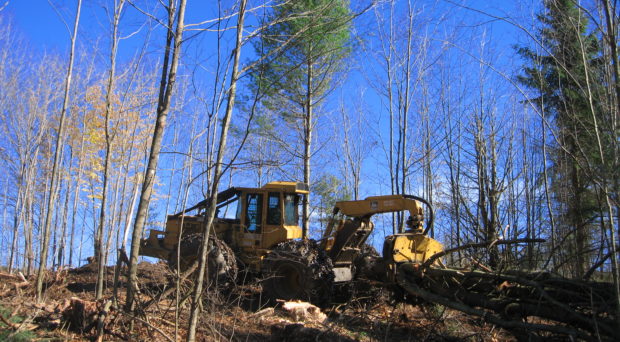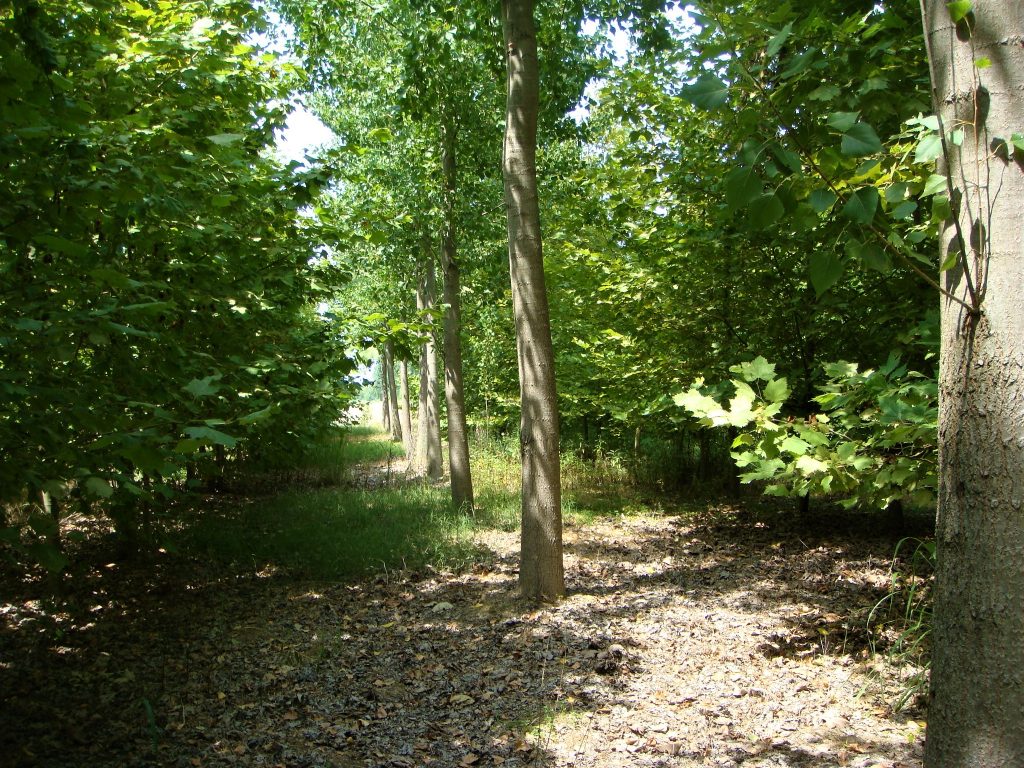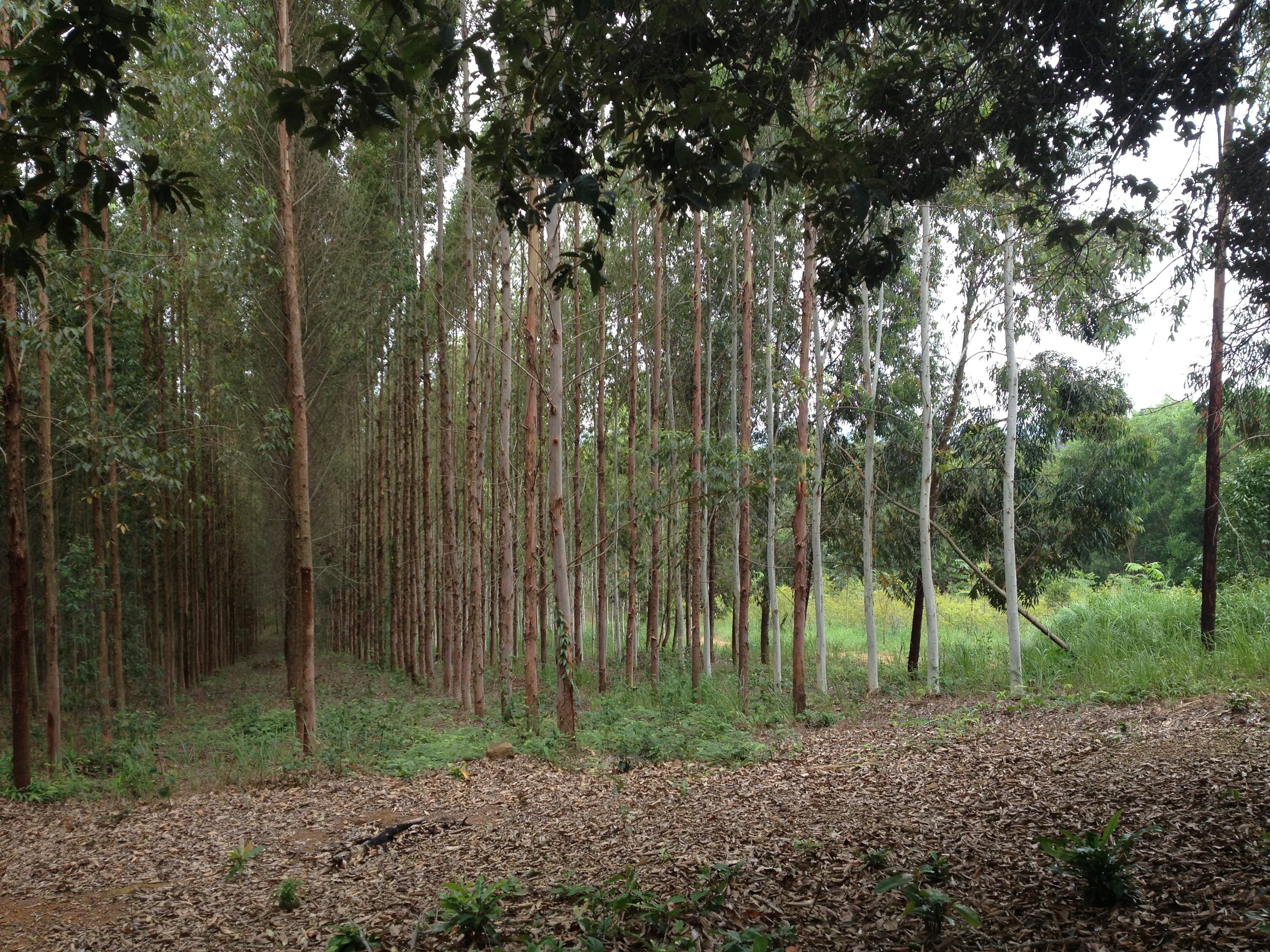Helping ensure that forest bioenergy is environmentally sustainable
NOTE: This text is reblogged without changes from a blog post authored by Dr. Brian Titus that originally appeared on the BMC blog network, http://blogs.biomedcentral.com/on-physicalsciences/2021/04/15/forest-bioenergy-sustainable/, on 15 April 2021. This blog post is licensed under a Creative Commons Attribution 4.0 International License. One of the authors of the original study, Dr. Viktor Bruckman, is the Deputy Coordinator of the Former IUFRO Task Force “Forest Biomass Network”.
Helping ensure that forest bioenergy is environmentally sustainable
Can removal of woody materials from forests for renewable bioenergy production be environmentally sustainable? A recent review in Energy, Sustainability and Society demonstrates that a wide range of environmental and social values can be protected when harvesting forest biomass, such as harvest residues, salvaged sub-merchantable trees, diseased or dead trees, and whole-tree thinnings.
Brian Titus 15 Apr 2021

Photo credit: David Paganelli
Spotlight #81 – Developing evidence-based cases for planted forests
Spotlight #81 – Developing evidence-based cases for planted forests

Plantation forests get a bad rap.
That’s the assessment of Christophe Orazio, who is coordinator of the IUFRO Task Force (TF) on Resilient Planted Forests and, after having led the Planted Forests Facility of the European Forest Institute (EFI-PFF) until its closure in 2019, is now director of the European Institute for Cultivated Forest (IEFC).

Plantation forests get a bad rap.
That’s the assessment of Christophe Orazio, who is coordinator of the IUFRO Task Force (TF) on Resilient Planted Forests and, after having led the Planted Forests Facility of the European Forest Institute (EFI-PFF) until its closure in 2019, is now director of the European Institute for Cultivated Forest (IEFC).
Congress Spotlight #24 – Got a question? Biomass may be the answer
Got a question? Biomass may be the answer

By selecting proper species and breeding experiments as well as genetic modifications as done here in Thailand, fast growing species plantations are capable of producing enormous amounts of biomass within short periods of time. The challenge is, however, to sustain soil fertility, biodiversity and other ecosystem services such as clean water. (Photo by Viktor Bruckman)
It’s just possible that sustainable biomass could be, if not a panacea for the world’s energy challenges, then perhaps the next best thing.
And not only the energy sector would benefit. The reasons for the sustainable use of biomass are many and good, says Dr Viktor Bruckman of the Commission for Interdisciplinary Ecological Studies at the Austrian Academy of Sciences.
In addition to the energy aspect, he adds that biomass offers a range of possibilities as a valuable feedstock for industrial processes. Chemical compounds in biomass can be separated and rearranged to produce everything from composites for use in the automobile industry, to fibres to pesticide ingredients, among others.
